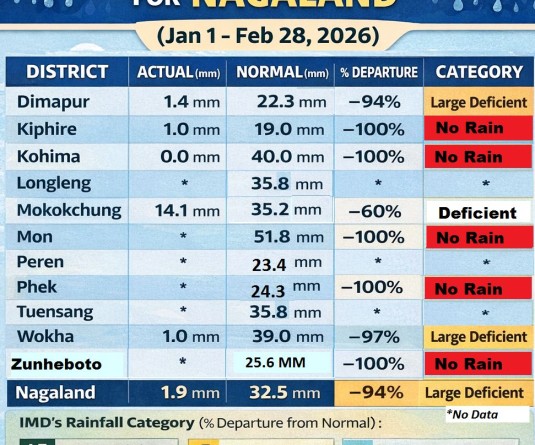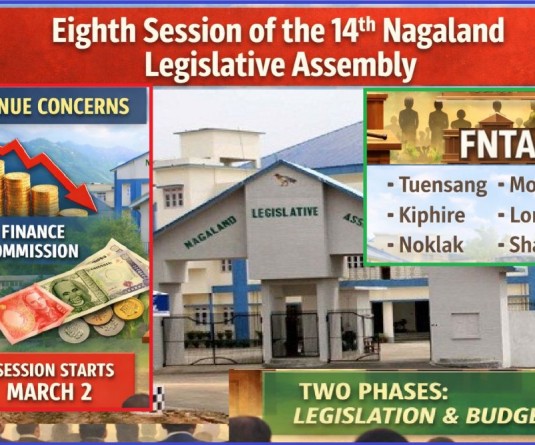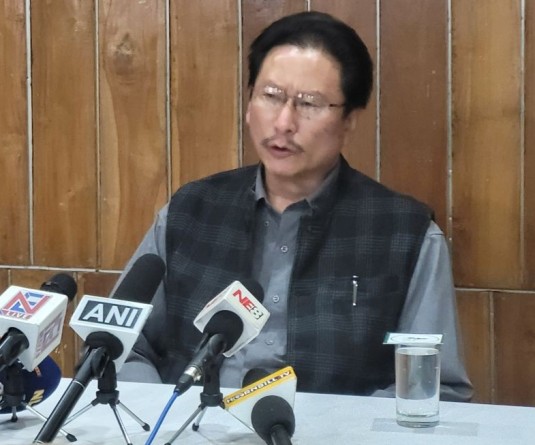
Morung Express News
Dimapur | December 23
There is no respite as the all too frequent power load-shedding continue to plague Nagaland. Power department officials state that it will continue so long as generation at the hydro power stations does not improve. It simply means that shortage in supply will not pick up until the next monsoon which is still several months away.
Load-shedding, though in Nagaland is no new phenomenon with the people rather coming to terms with it, albeit, with a good dose of chagrin against the government. However, in comparison load-shedding seems to be more severe than it was at this time last year. This, one official said is because of the jump in power requirement from around 90-plus mega watts (MW) in 2011 to more than 110 MWs in 2012. The situation is not helped when at present the state is receiving less than half of the total requirement.
“We’re not generating any new power,” said the official who went on to add that power generation in the north-east is wholly dependent on hydro power projects with almost no alternative; and thus, the shortage during the lean (dry) season. The official said that in such a circumstance thermal power is a feasible option.
Stating that the government must explore means and ways to come up with coal powered thermal plants, the official said, “Atleast, it will cover up the shortage in the lean season.” The official further said that it ultimately will depend on the voice of the public. “The public must wake up an pressurize the government.”
Contrary to popular belief, hydro based electricity generation potential in Nagaland is not that high. Power engineers contest the argument on the basis that the rivers go dry for a good part of the year. On the other hand, policy makers bank on the supposed hydro potential of the state while drawing up overtly ambitious gargantuan projects, which have rarely gone past the drawing board. Tizu-Zungki (150 MW), Dikhu (120 MW), and Yangyu (40 MW) are testimony of this fact. These multi-crore projects have been reported over the past several years as being under various stages of planning.






